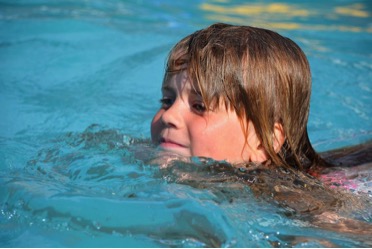Duchenne muscular dystrophy
Disease Management
The Duchenne Guide for families is available in several languages. It is very important for you to discuss the Duchenne Guide with your clinician.
Comprehensive videos are available for DMD families, including children. They address care at different stages and specific subjects. It is vital that all members of the family understand what is important in DMD care. This includes the management of emergency situations.

A multidisciplinary approach is essential to ensure comprehensive care. Different specialists manage the care of boys with DMD, depending on the stage of the disease. They include:
- Respiratory and cardiac professionals: check breathing and heart
- Physiotherapists: exercises and activities to maintain muscle function and joint movement
- Endocrinologists: track common side effects of corticosteroids on bone, growth and puberty
- Dieticians and nutritionists: ensure a balanced diet and control weight
- Orthopaedic surgeons: manage skeletal problems, including curvature of the spine, tightening of joints)
- Social workers and psychologists
Neuropsychological evaluations are appropriate if there are cognitive delays and/or behavioural problems. They should include an assessment of any educational needs. Prompt interventions and support for learning difficulties and behavioural management are important. They can have a significant impact on long term outcomes for the boy and the family.
The neurologist, or neuromuscular specialist, should coordinate the care among the different professionals. The coordinating role may vary, depending on the clinical setting in each country.